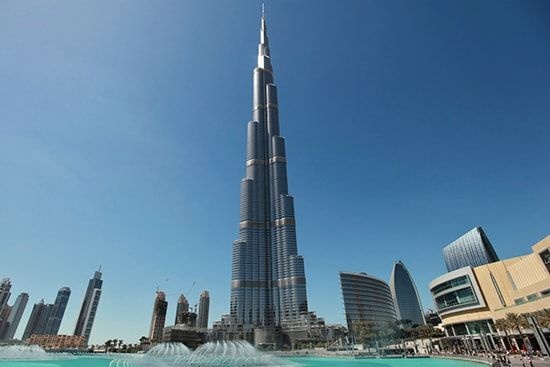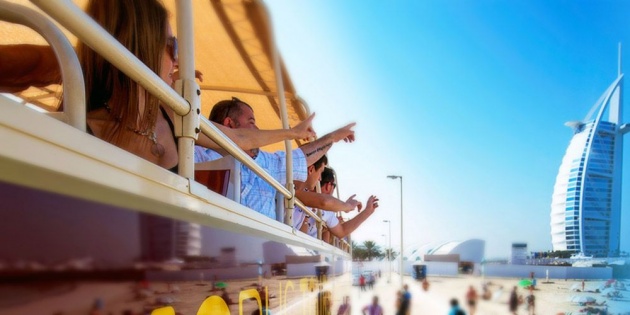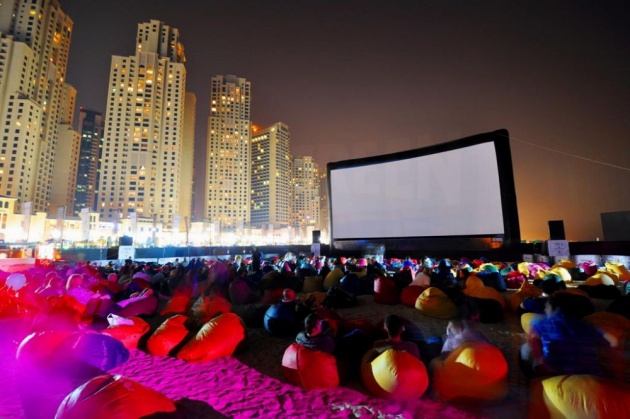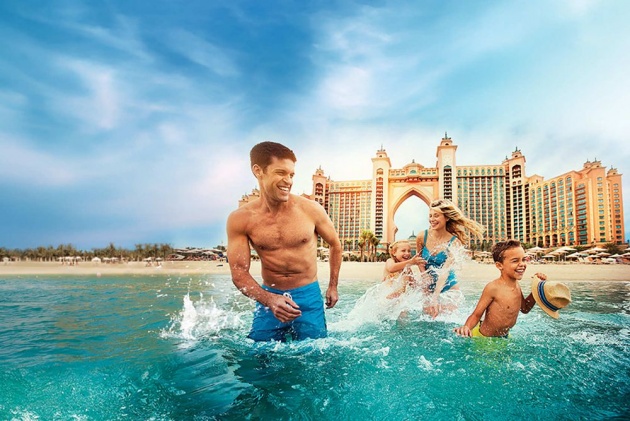History of Dubai

The first human settlement in the history of Dubai was in approximately 3000 BCE, when the area was inhabited by nomadic cattle herders. In the 3rd century CE, the area came under the control of the Sassanid Empire which lasted until the 7th century, when the Umayyad Caliphate took control and introduced Islam in the area. The area was sustained by fishing and pearl diving for a thousand years, with the first records of the town being made in 1799 when the Bani Yas clan established it as a dependency of Abu Dhabi. Dubai became a separate Sheikhdom in 1833, when the Al-Maktoum dynasty of the Bani Yas clan (initially from Abu Dhabi) took it over peacefully. The invention of artificial pearls in 1926 and the Great Depression in 1929 caused a collapse in the international pearl market, which resulted in Sheikh Saeed looking for an alternative source of income and Dubai becoming one of the leading re-export ports in the world. In 1966, oil was discovered in Dubai, which changed the country beyond recognition and led to Dubai becoming the vibrant, modern, business-centred city-
Country United Arab Emirates
Emirate Dubai Dubai
Founded by Ubaid bin Saeed and Maktum bin Butti Al Maktoum
Seat Dubai
Subdivisions
Towns and villages[show]
Government
• Type Absolute monarchy
• Emir Mohammed bin Rashid Al Maktoum
• Crown Prince Hamdan bin Mohammed bin Rashid Al Maktoum
Area[1]
• Metropolis 4,114 km2 (1,588 sq mi)
• Urban 1,287.4 km2 (497.1 sq mi)
Population (16 October 2016)
• Metropolis 2,643,410
Time zone UAE Standard Time (UTC+4)
GDP (PPP) 2014 estimate
Total US$82.9 billion[2]
Per capita US$24,866[2]
Website Dubai Emirate
Dubai Municipality
Dubai Tourism
Religion
UAE's Provisional Constitution declares Islam the official state religion of the UAE. The government subsidises almost 95% of mosques and employs all Imams; approximately 5% of mosques are entirely private, and several large mosques have large private endowments. All mosques in Dubai are managed by the Government of Dubai and all Imams are also appointed by the Government. An Imam caught preaching racism or religious hatred or caught promoting Islamic extremism is usually jailed and deported.
Economy
One of the world's fastest growing economies,[101] Dubai's gross domestic product is projected at US$107.1 billion, with a growth rate of 6.1% in 2014.[102] Although a number of core elements of Dubai's trading infrastructure were built on the back of the oil industry,[103] revenues from oil and natural gas account for less than 5% of the emirate's revenues.[9] It is estimated that Dubai produces 50,000 to 70,000 barrels (7,900 to 11,100 m3) of oil a day[104] and substantial quantities of gas from offshore fields. The emirate's share in the UAE's total gas revenues is about 2%. Dubai's oil reserves have diminished significantly and are expected to be exhausted in 20 years.[105] Real estate and construction (22.6%),[11] trade (16%), entrepôt (15%) and financial services (11%) are the largest contributors to Dubai's economy.[106]
Burj Al Arab
See also: Hotels in Dubai
The Burj Al Arab (Arabic: برج العرب, Tower of the Arabs), aluxury hotel, is frequently described as "the world's only 7-star", though its management has said it has never made that claim. A Jumeirah Group spokesperson is quoted as saying: "There's not a lot we can do to stop it. We're not encouraging the use of the term. We've never used it in our advertising."[146]
Burj Khalifa
Main article: Burj Khalifa
Burj Khalifa is an 828 metres (2,717 ft) high[147] skyscraper in Dubai, and the tallest man-made building in the world. The tower was inspired by the structure of the desert flower named as Hymenocallis. It was constructed by more than 30 contracting companies around the world with 100 nationalities of workers. It is a building icon.
DUBAI, ABU DHABI, BAHRAIN, MUSCAT (Documentary, Discovery, History)






